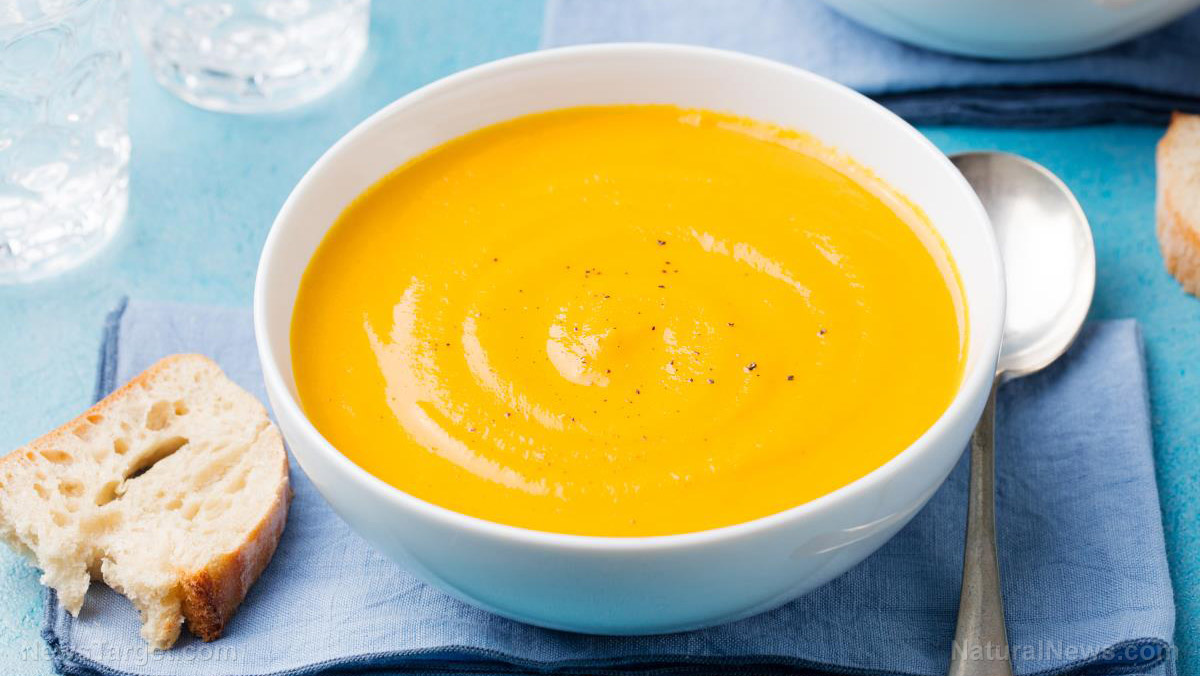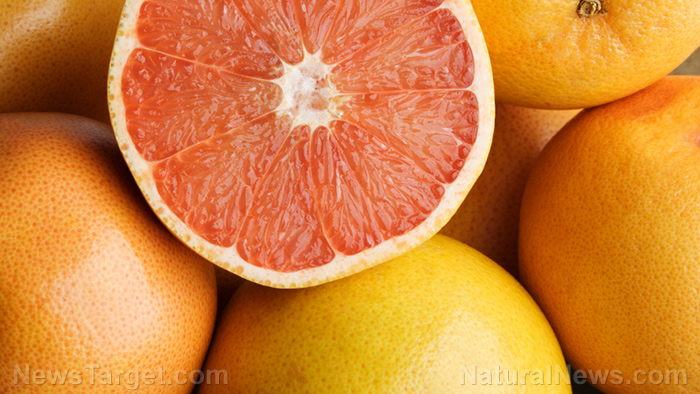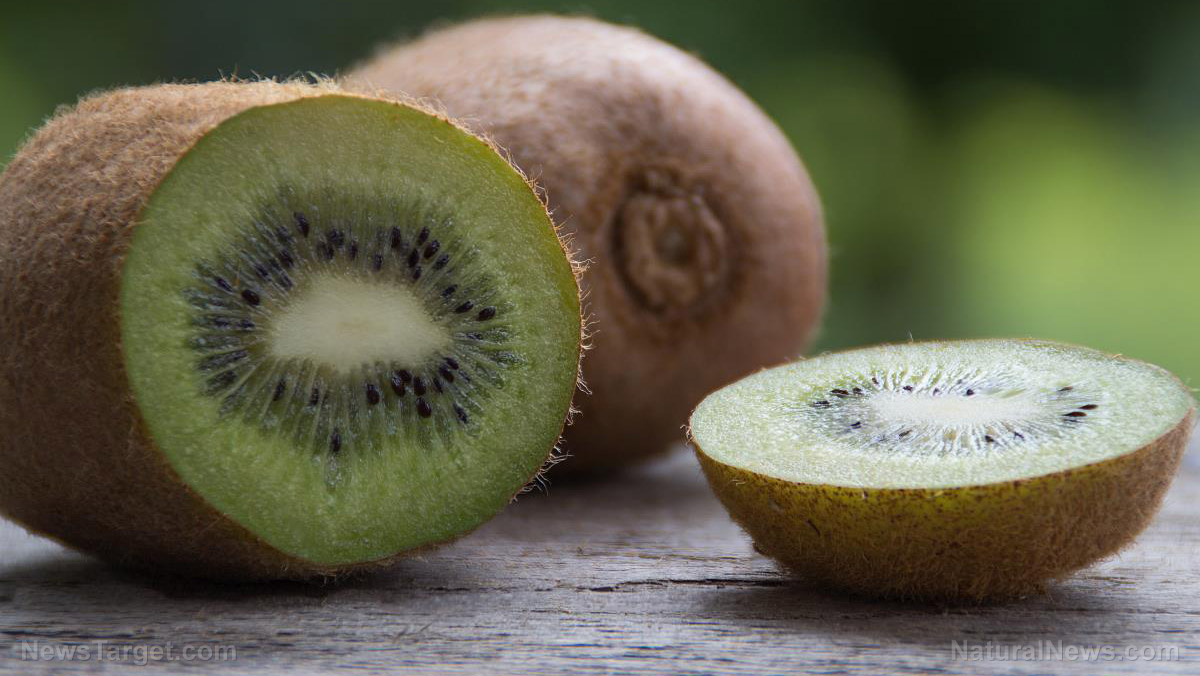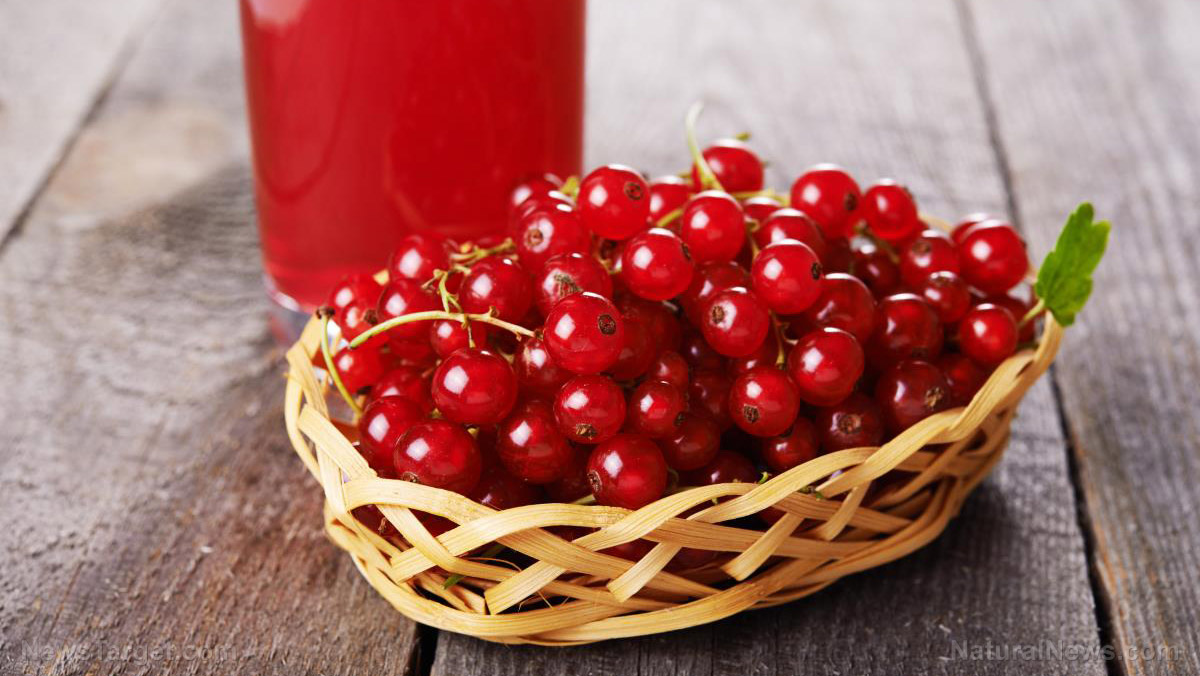Why chia seeds, an ancient superfood, are worth having in your pantry
01/14/2019 / By Mary Miller
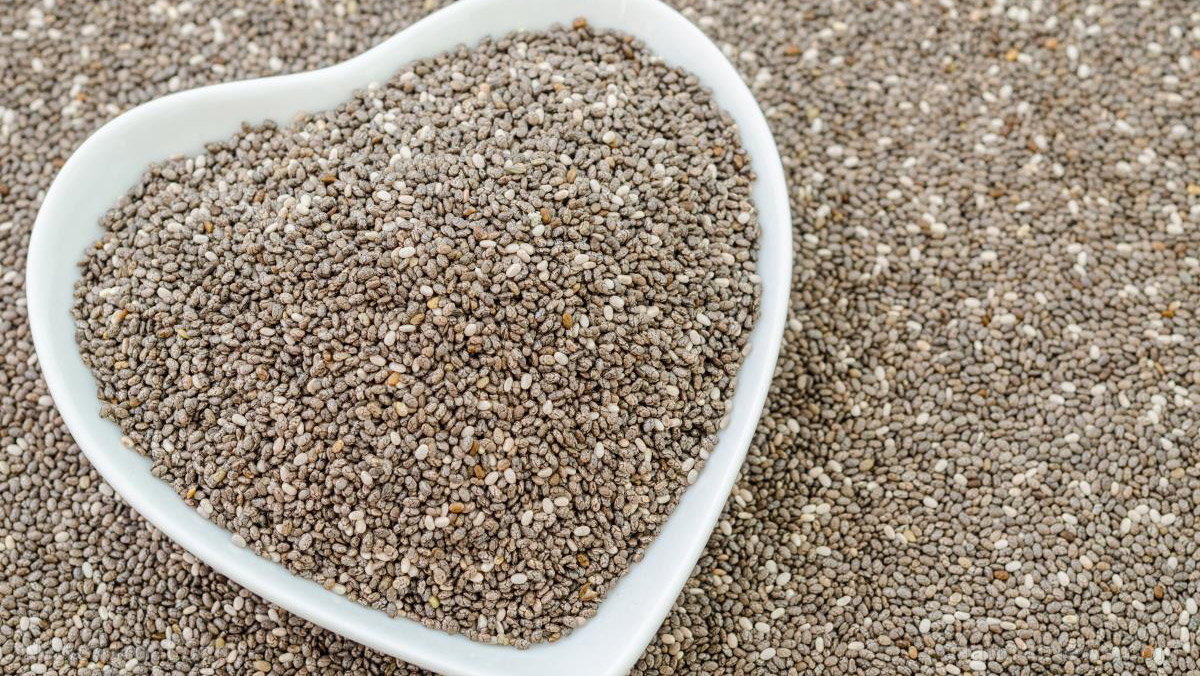
In ancient times, the Mayan and Aztec civilizations relied on chia seeds as a dietary staple. These days, chia seeds have taken their ranks among some of the world’s healthiest superfoods. Chia seeds are loaded with nutrients, but they contain a minimal calorie content. If your pantry is in need of more nutrient-dense but affordable options, then look no further than the humble chia seed. Stock up on this superfood now to reap the full health benefits of chia seeds.
In the Mayan language, the word “chia” means strength.” It was once believed that the consumption of chia seeds granted one supernatural power. While we now know that this was a myth, the superfood benefits of chia seeds are very much grounded in reality. Here are a few health benefits you can gain by regularly eating chia seeds:
Chia seeds are a gluten-free source of nutrients
Those with gluten intolerance or Celiac disease can truly benefit from eating chia seeds. Chia seeds are one of the world’s best sources of important nutrients. Some of these nutrients include fiber, protein, omega-3 fatty acids, calcium, manganese, magnesium, phosphorous, zinc, and vitamins B1, B2 and B3. Because they don’t contain any gluten, they can be easily digestible for most people. You probably won’t find another readily available source of fiber and protein that packs nearly as many nutrients and stores for as long as chia seeds can. Chia seeds can remain relatively stable at room temperature for around four to five years. (Related: Chia seeds: A nutritional powerhouse.)
Chia seeds are low in carbohydrates
If you are following a low-carb diet, then you’ll love chia seeds. Most of the carbohydrates in chia seeds are fiber that your body doesn’t digest. Chia seeds only contain one gram of digestible carbohydrates per ounce (28 grams). The rest is high soluble fiber content, which can absorb water and expand in your stomach. This gel-like fiber substance can remain in your stomach to slow down your absorption of food and make you feel fuller for a longer period of time. Fiber can also feed the healthy bacteria in your gut.
Chia seeds support weight management
All that fiber and protein content of chia seeds can help you control your weight. By keeping you fuller for longer, chia seeds can curb your appetite and trick you into eating less calories. You can even add them to your diet to supplement any weight loss plans. With regular exercise, adequate sleep, and a healthy lifestyle, chia seeds can bring you one step closer to your ideal weight.
Chia seeds are rich in antioxidants
You can get your antioxidant fix by eating chia seeds. Antioxidants can protect your body from oxidative stress and cell damage caused by free radicals. They can even support the healthy function of your immune system. What’s more is that antioxidants can have a benefit even outside your body. They can prevent the sensitive fats in chia seeds from spoiling, allowing the seeds to have a longer shelf life.
Chia seeds can help reduce inflammation
The antioxidants in chia seeds can serve another purpose. Oxidative stress is often linked with chronic inflammation. The antioxidants can help fight this inflammation in your body. Chia seeds are also rich in omega-3 fatty acids, a type of healthy fat with anti-inflammatory properties. Chia seeds contain so much omega-3 fatty acids that, gram for gram, their omega-3 content is even higher than that of salmon. A high intake of omega-3 fatty acids can often lead to improved cognition and neurological function.
Chia seeds can boost your heart health
Chia seeds can optimize your heart health by reducing your body’s levels of triglycerides and LDL or “bad” cholesterol, while simultaneously increasing your levels of HDL or “good” cholesterol. When coupled with a healthy lifestyle, eating chia seeds can also help reduce your risk of heart disease.
Learn more about chia seeds and other superfoods by going to Superfood.news.
Sources include:
Submit a correction >>
Tagged Under:
antioxidants, chia seeds, functional food, grains, grocery cures, health benefits, health benefits of chia seeds, healthy seeds, heart health, high-fiber foods, inflammation, nutrients, nutrition, omega-3 fatty acids, omega-3 sources, protein, weight management
This article may contain statements that reflect the opinion of the author
RECENT NEWS & ARTICLES
GroceryCures.com is a fact-based public education website published by Grocery Cures Features, LLC.
All content copyright © 2018 by Grocery Cures Features, LLC.
Contact Us with Tips or Corrections
All trademarks, registered trademarks and servicemarks mentioned on this site are the property of their respective owners.





